FISA
Latest
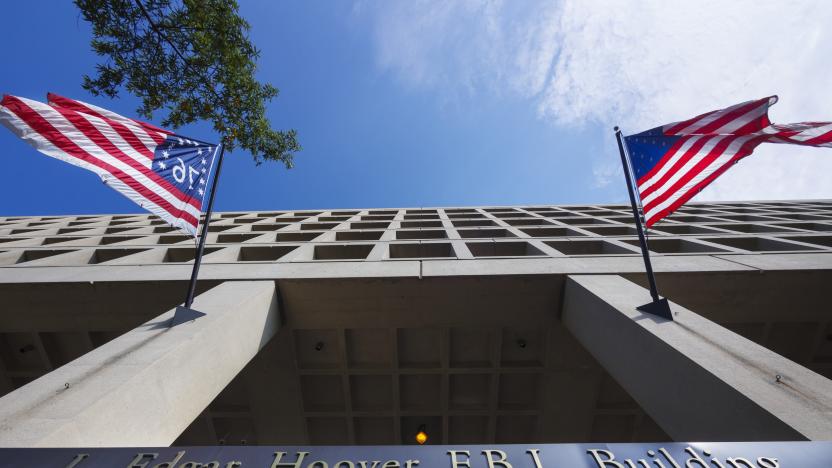
Judge rules FBI, NSA broke the law and court orders with data collection
A judge has determined that the FBI and NSA broke the law and court orders when they collected data from email and other US communications.

House amendment would require warrants for web history searches
Congresswoman Zoe Lofgren announced an amendment that would prohibit the collection of Americans’ internet search history and web browsing data without a warrant.
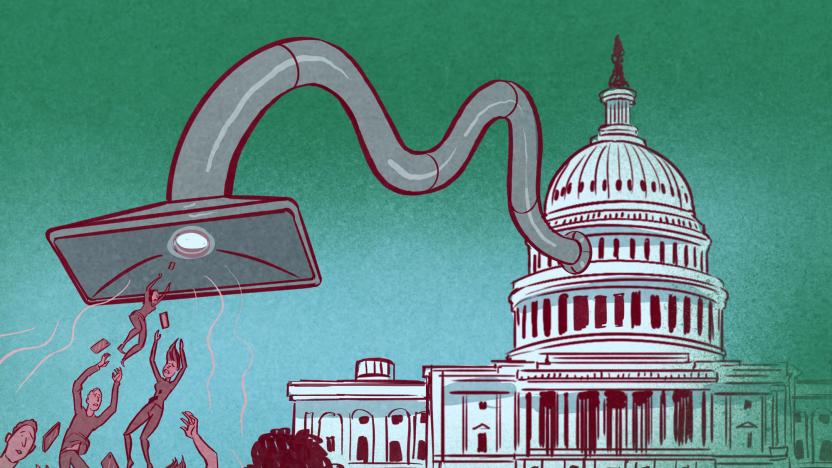
Yes, the Patriot Act amendment to track us online is real
Looks like more bad news with the renewal of the Patriot Act/USA Freedom Act — and its terrible provision to allow government collection of Americans’ internet browsing and search histories without a warrant.

Senate passes Patriot Act amendment strengthening independent oversight
Senators are currently deciding on amendments to address surveillance enabled by the Patriot Act. One measure intended to prevent warrantless collection of your search history failed, while one that strengthened independent oversight passed.
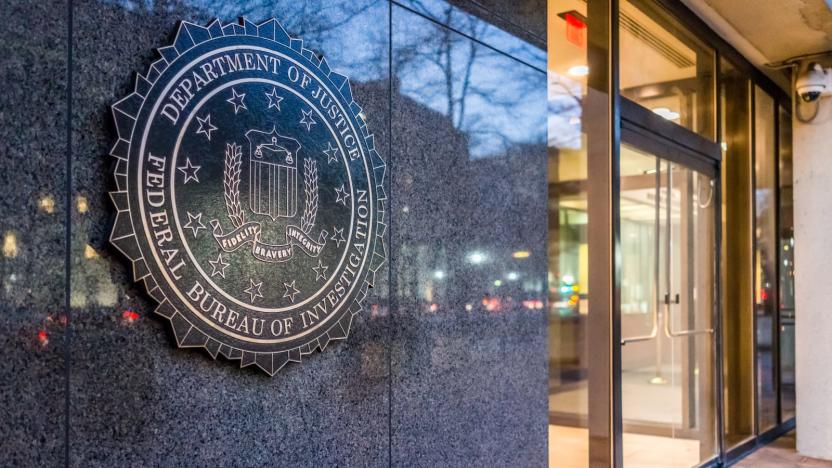
US House votes to extend FISA surveillance
The US House of Representatives has voted to approve legislation that extends the validity of three federal surveillance tools slated to expire this weekend. To elaborate, those tools are provisions of the Foreign Intelligence Surveillance Act or FISA, which the FBI uses to investigate foreign powers suspected of terrorism or espionage.

Bipartisan bill would scale back key section of the Patriot Act
Oregon Senator Ron Wyden has introduced new legislation that would attempt to reform Section 215 of the Patriot Act definitively. Democratic and Republican lawmakers in both the House and Senate have co-sponsored Wyden's Safeguarding Americans' Private Records Act.

Court says data swept up by the NSA is protected by the Fourth Amendment
An appeals court may have just shaped how the US treats the NSA's bulk data collection. The Second Circuit Court of Appeals has ruled that American communications scooped up under the Foreign Intelligence Surveillance Act's Section 702 and PRISM is protected by Fourth Amendment rights baring unreasonable searches and seizures. Judges found that the "vast majority" of the evidence collected in a terrorism case against Agron Hasbajrami was permissible under the Fourth Amendment, but that the querying that data "could violate" the amendment -- and thus that it was fair to challenge the data use on constitutional grounds. It also believed that the accidental collection of Americans' data raised "novel constitutional questions" that could be answered later.
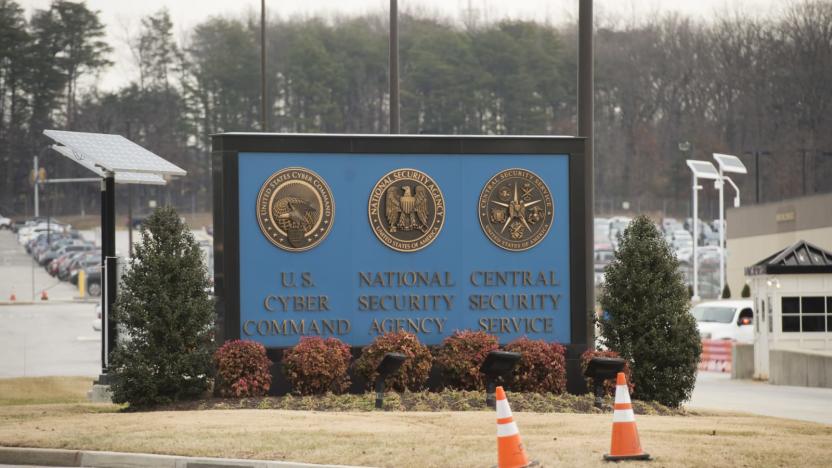
The NSA says it stopped tracking cellphone locations without a warrant
Last year the Supreme Court ruled, in a 5-4 decision, that a search warrant is required for law enforcement to perform cellphone tower searches to track someone's location. The Daily Beast reported on a letter sent by the Office of the Director of National Intelligence (ODNI) to Senator Ron Wyden affirming that ever since that Carpenter decision, the "Intelligence community" has not sought cell-site location data or GPS records without a warrant. It had been doing that, claiming authority under the Title V of the Foreign Intelligence Surveillance Act (FISA) / Section 215 of the Patriot Act. However Section 215 of the Patriot Act is set to expire next month, and in the letter (PDF), the assistant director writing it never confirms that the Supreme Court decision means they couldn't, or wouldn't, do it in the future.

Maria Butina: Cybersecurity charlatan, spy
Russian spy Maria Butina's cover story was her academic interest and expertise in cybersecurity. As cover stories go, this unfortunately wasn't a hard one to pull off. Except anyone holding even the barest minimum of cybersecurity knowledge could've figured out in minutes that Butina's interest in cybersecurity was minimal.
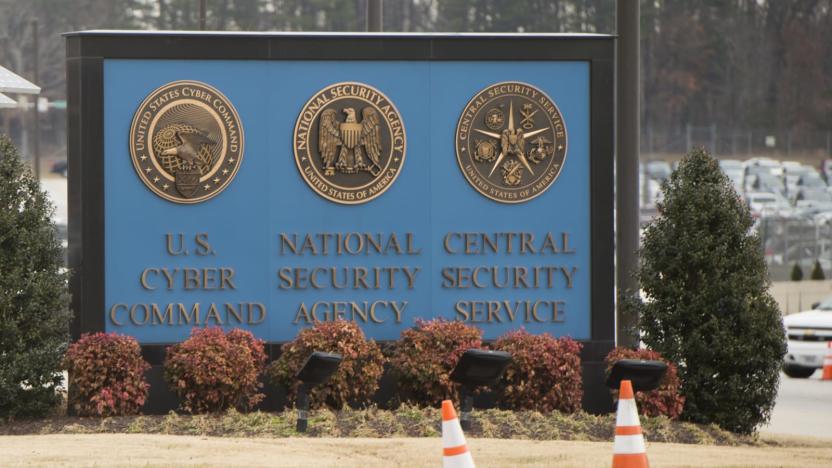
NSA deletes hundreds of millions of call records over privacy violations
The NSA unfortunately has a long history of violating privacy rules, although this time the agency might not be entirely to blame. The NSA is deleting hundreds of millions of call and text message data records (collected since 2015) after learning of "technical irregularities" that led to receiving records it wasn't supposed to obtain under the USA Freedom Act. General counsel Glenn Gerstell told the New York Times in an interview that "one or more" unnamed telecoms had responded to data requests for targets by sending logs that included not just the relevant data, but records for people who hadn't been in contact with the targets. As it was "infeasible" to comb through all the data and find just the authorized data, the NSA decided to wipe everything.

Trump signs bill extending NSA's warrantless surveillance
On Friday afternoon, just hours before Congress failed to avert a government shutdown, the President signed into law the "FISA Amendments Reauthorization Act of 2017." The bill passed the House and Senate earlier this week with the support of many Republicans and Democrats, offering only slight adjustments to Section 702, a law that oversees the NSA's ability to spy on "international terrorists, weapons proliferators, and other important foreign intelligence targets located outside the United States."
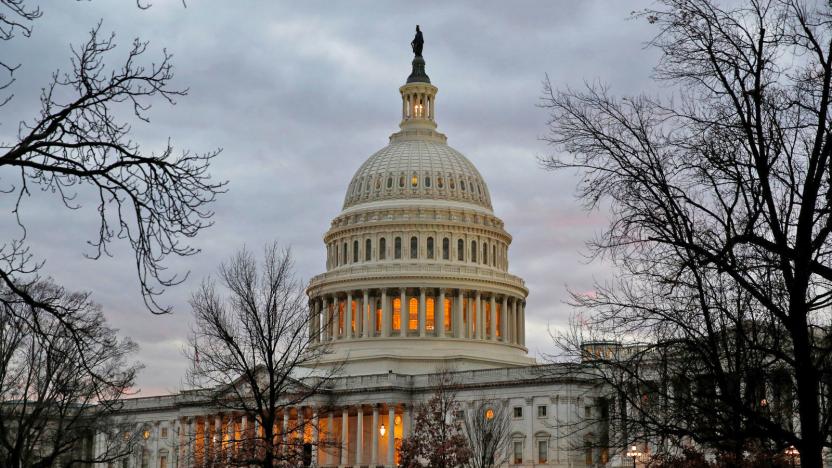
House votes to extend NSA’s warrantless surveillance capabilities
Today, the US House of Representatives voted to renew the law that allows the National Security Agency to surveil communications between American companies and foreigners located outside of the country without a warrant. It's Section 702 of the FISA Amendments Act, and the House extended its provision for six years. It still needs to go through the Senate, but according to The New York Times, there are fewer advocates of major overhaul to current spying laws in that chamber, so it will likely pass without too much difficulty.

NSA surveillance reauthorization bill won't go to a vote just yet
House Republicans' plans to vote on a bill reauthorizing and expanding the NSA's data surveillance have been put on ice, at least for a while. Intelligence Committee chair Devin Nunes has informed the media that the vote to extend FISA Section 702, which lets the NSA and FBI collect online communications of foreign targets from US companies, won't happen "for now." Just what will happen next isn't clear -- the choice is "above my pay grade," Nunes said. Approval could fold into a necessary government spending bill, but that doesn't seem as likely when there are serious challenges to the bill within the Republican party.

White House lets NSA's warrantless surveillance continue until April
The Foreign Intelligence Surveillance Act's Section 702, which authorizes the NSA's warrantless data gathering, is supposed to expire on New Year's Eve. Don't tell that to the White House, though. Lawyers for the executive branch have determined that FISA Section 702 surveillance can legally continue until April 26th, 2018. The rationale comes down to a technicality. As the FISA Amendments Act says orders issued under 702 can continue for a year, and the last year-long certification was issued on April 26th, 2017... well, you do the math.

NSA surveillance expansion bill moves to House for a vote
Intelligence officials might not get the permanent surveillance powers they're looking for, but they could get some key concessions all the same. The House Intelligence Committee has passed the FISA Amendments Reauthorization Act of 2017 in a partisan 12-8 vote, clearing it for an eventual vote in the House of Representatives. The bill is ostensibly about renewing the FISA Amendments Act's Section 702 for 4 years, but it also expands the list of eligible spying targets.

Senators propose 'USA Liberty Act' to reauthorize NSA surveillance
The question of how to rein in monitoring enabled by Section 702 of the Foreign Intelligence Surveillance Act (FISA) has been in the spotlight ever since the Edward Snowden PRISM revelations. What exactly to do about it has gone back and forth, but the latest attempt to "reform" surveillance is here in the form of the USA Liberty Act, a bipartisan proposal introduced by Senators Mike Lee and Patrick Leahy (PDF). The Washington Post figures it has little chance of passage, however, it does contain language that would make government agencies get a warrant before searching information collected by the NSA under Section 702.

Senators propose reforms to wide-reaching surveillance law
Eleven senators -- both Republican and Democrat -- introduced new legislation today that calls for substantial reforms to Section 702 of the Foreign Intelligence Surveillance Act, Reuters reports. Section 702 allows intelligence agencies to monitor the communications of foreign targets living outside of the US, but it also enables those agencies to collect information on US citizens if they happen to be in communication with the non citizens being monitored.
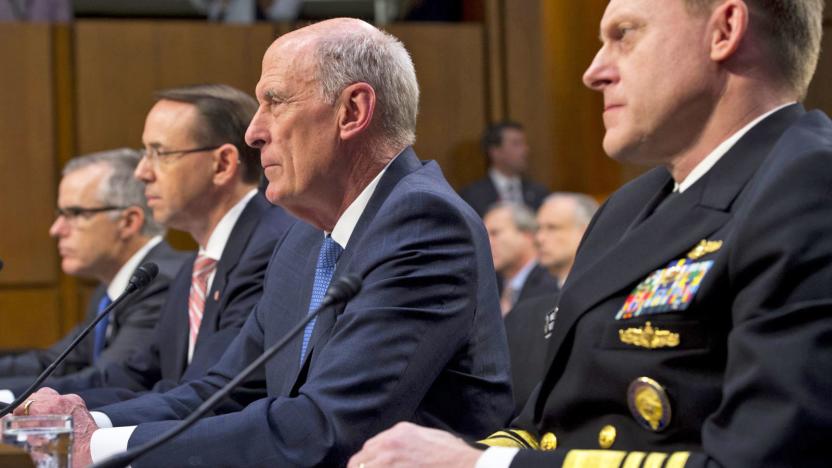
US intelligence wants to make a key foreign surveillance law permanent
The directors of America's federal intelligence agencies appeared before the Senate Intelligence Committee on Wednesday in an effort to convince the governing body to permanently extend Section 702 of the Foreign Intelligence Surveillance Act, a law that enables the federal government to monitor the communications of non-US citizens on foreign soil who are communicating with Americans here in the United States regarding matters of national security. Essentially, it enabled the intelligence community to eavesdrop on conversations between suspected terrorists and their associates, even if some of them happen to be US citizens.

Microsoft wasn't hammered by surveillance requests in 2016
A couple of weeks ago, Microsoft released its Transparency Report revealing that it had received "1,000 to 1,499 surveillance requests for foreign intelligence purposes (known as FISA) from January to June 2016." There's only one problem though -- it didn't. Today, Microsoft updated the report to say that stat was an error, and the number of orders it had received in 2016 is actually somewhere between 0 - 499, as it has been in previous years. Unfortunately, the company is not allowed to release more specific data, so we don't know if it has actually changed or by how much. A spokesperson told Reuters the mistake was a "human error."

Microsoft hammered by surveillance requests in 2016 (updated)
US authorities must have spent more time at Foreign Intelligence Surveillance Court last year than in 2015. According to Microsoft's latest transparency report, the tech titan received 1,000 to 1,499 surveillance requests for foreign intelligence purposes (known as FISA) from January to June 2016. That's at least double the 0 to 499 requests it received within the same period the year before and then again from July to December 2015. Those figures look weird, because the government only allows companies to report FISA requests in a wide range of numbers. We unfortunately don't know the exact figures, though Microsoft's report is pretty telling anyway.








